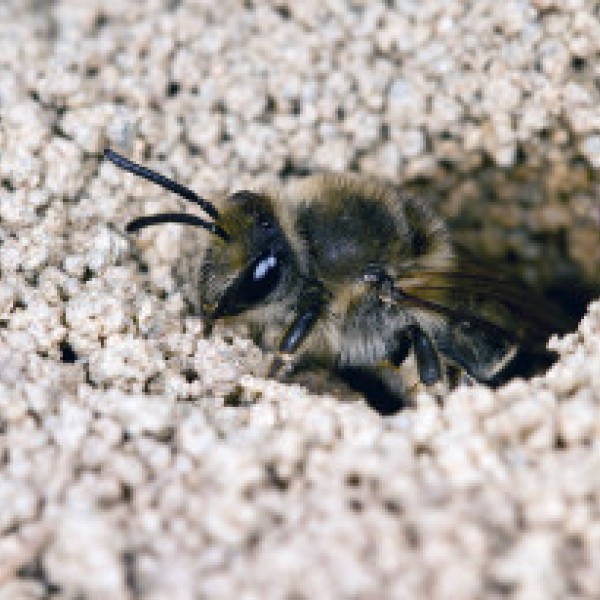Academic focus: Evolutionary and conservation genomics
Research summary: I study evolution in natural populations. I am motivated by questions that help us understand biodiversity on a fundamental level. What are the origins of biodiversity? What processes generate and maintain biodiversity? How do we best protect biodiversity? My primary taxa of interest are birds, but I’ve been lucky to work across a variety of systems. My research combines a mix of field, lab and computational methods, often taking advantage of new opportunities to leverage very large genomic datasets. I am particularly excited by opportunities to apply insight from population genetics to conservation challenges. Much of my current research is with Galápagos finches, an ideal system for studying evolution and adaptation to the environment, as well as fairywrens in Australasia, wagtails in Eurasia and a range of other taxa of conservation concern.
What do you like to do when you’re not working?
Watch birds, go cycling or, better yet, watch birds while cycling! When possible, I love to travel to new places to see birds. I enjoy watching professional cycling when relaxing at home and going for long walks with my dog, Hallie.
What are your current outreach/extension projects?
I work closely with researchers in Ecuador as we develop our projects in the Galápagos. I am also involved with Galápagos-run initiatives to generate genomic data and apply it to conservation challenges in the archipelago. A core value in my research group is responsible global collaboration, which we achieve through strong community partnerships where we work.
What brought you to Cornell CALS?
CALS has a reputation for low barriers to interactions across departments and is home to the impressive faculty cohort hired alongside me in the Biodiversity Moonshot. In addition, Cornell is home to the Cornell Lab, a global leader in ornithology, which is an amazing community for my students to interact with. For me, being a part of the highly integrative Department of Computational Biology in a college that values partnerships across the institution is really the ideal scenario for supporting my research program’s success.
What do you think is important for people to understand about your field?
Evolution is often thought of as a process that occurs over millions of years through slow, gradual change. However, evolutionary change can be observed in the present day by studying individuals, their fitness and their interactions with the environment. By linking observations of individuals to long-term processes like speciation, we can better understand the origins of biodiversity. Studying evolution equips students with critical thinking skills to understand processes across long-time scales – skills that are essential for addressing contemporary societal challenges once they are out in the world.
Why did you feel inspired to pursue a career in this field?
I have been a naturalist and birder since a very young age. This fascination with the outdoors first brought me to biology, and studying evolution has helped me make sense of the natural world. More recently, advances in biotechnology have opened previously unanswerable questions that can be resolved with genomics. I think it is a very exciting time to be a scientist in my field!
What’s the most surprising/interesting thing you’ve discovered about Cornell and/or Ithaca so far?
There are trails snaking through the hills and gorges and along the lakes in all sorts of little secretive nooks and crannies around the town. Rail trails connecting distant parts of town are perfect for long dog walks or ambitious runs. I have found only a fraction of them and can’t wait to explore the next one on a long weekend trek with my family.
Learn more about Erik from his CALS profile.






